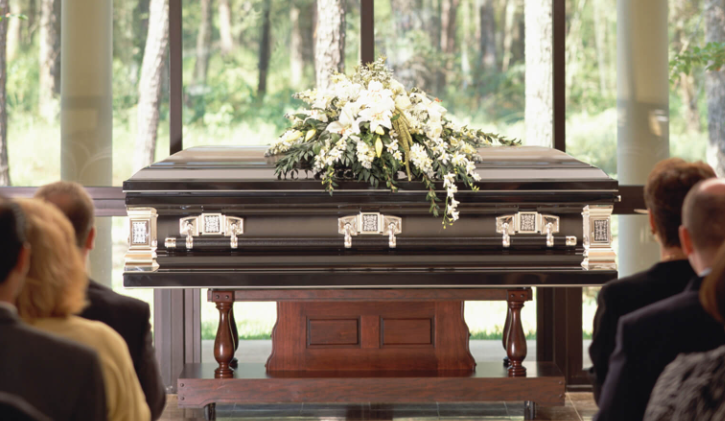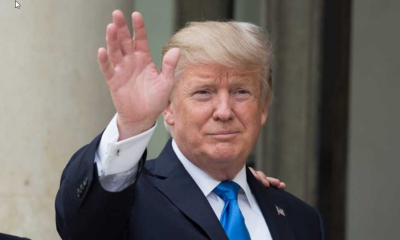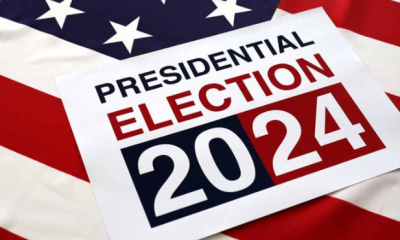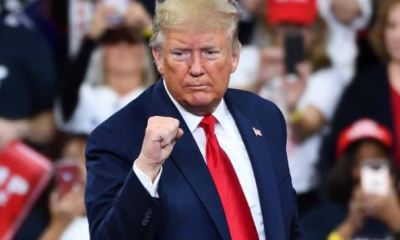Former Premier Li Keqiang, who served as China’s chief economic official for ten years, passed away on Friday due to a heart attack at the age of 68.
Li held the position of China’s second-highest leader from 2013 to 2023 and was known for supporting private enterprise. However, his influence waned as President Xi Jinping consolidated power, becoming one of the most authoritative Chinese leaders in recent history, and exerted tighter control over the nation’s economy and society.
According to reports from CCTV, Li had been taking a break in Shanghai recently and suffered a heart attack on Thursday. He eventually succumbed to this medical event at 12:10 a.m. on Friday.
Li, a proficient economist who was fluent in English, was once viewed as a potential candidate to follow in the footsteps of the then-Communist Party leader, Hu Jintao, in 2013. However, he was overlooked, and Xi was chosen instead. Contrary to the consensus-driven leadership of the Hu era, Xi concentrated authority in his own hands, diminishing the influence of Li and other members of the seven-person Standing Committee, which is the party’s top decision-making body.
In his role as the foremost economic authority, Li pledged to enhance circumstances for entrepreneurs who create employment opportunities and prosperity.
Nonetheless, during Xi’s tenure, the governing party elevated the influence of state-owned businesses and enforced more rigorous supervision over the technology sector and other industries.
Foreign companies voiced a sentiment of being less welcomed, responding to Xi and other prominent figures advocating for economic self-reliance, the expansion of anti-espionage regulations, and the scrutiny of consulting firms’ offices. Notably, in October 2022, Li was excluded from the Standing Committee during a party congress, despite being two years short of the informal retirement age of 70.
On that very day, Xi granted himself a third consecutive five-year term as the leader of the party, breaking with the customary practice of his predecessors who stepped down after a decade.
Xi populated the highest echelons of the party with individuals loyal to him, marking the conclusion of an era characterized by consensus-based leadership and potentially positioning himself as the leader for an indefinite period.
The second-ranking position was assumed by Li Qiang, the party secretary for Shanghai, who lacked the broad national-level experience of Li Keqiang. Li Qiang, in a subsequent statement to reporters, expressed his commitment to executing whatever decisions Xi made.
Li was born on July 1, 1955, in the eastern province of Anhui. By 1976, he had assumed the role of ruling party secretary for a commune in that region.
During his time studying law at Peking University, he held the position of campus secretary for the Communist Youth League, an organization that played a pivotal role in launching the political careers of former party leaders such as Hu Jintao and Hu Yaobang. His inclusion in the League’s Standing Committee signaled that he was perceived as a potential leader for the future. Following a series of party appointments, Li completed his Ph.D. in economics at Peking University in 1994.
Subsequently, he took on the role of party secretary for Liaoning province in the northeastern part of the country as part of a rotation through provincial posts and positions within ministries in Beijing. This rotation was designed to prepare individuals for leadership roles.
In 2007, Li became a member of the party Central Committee.













